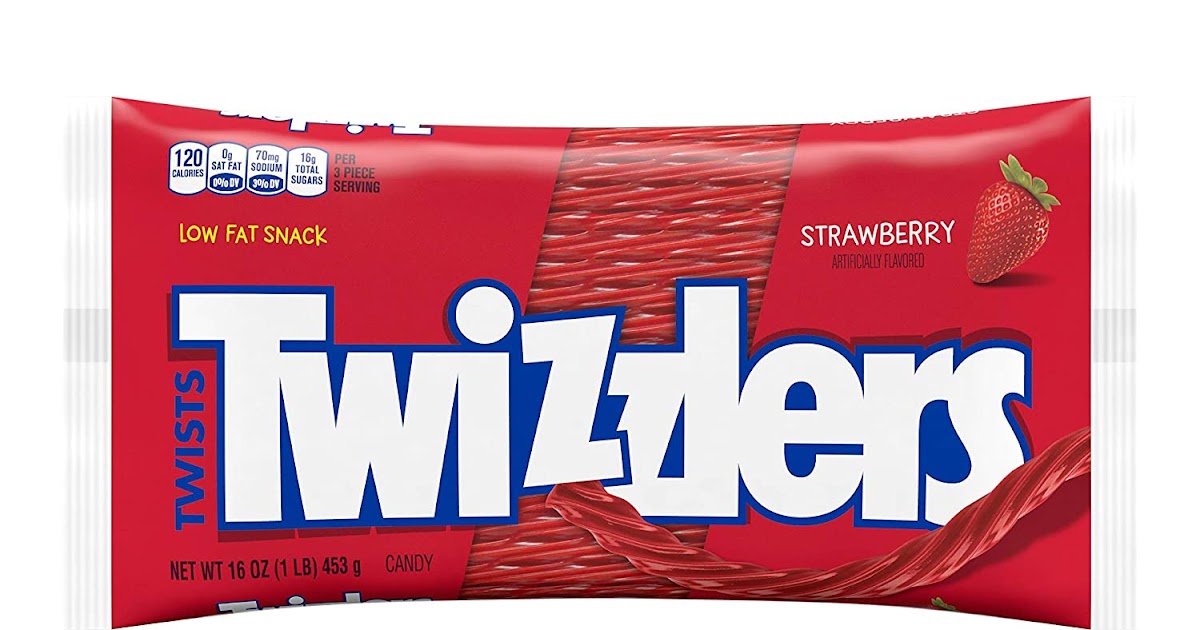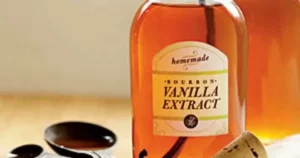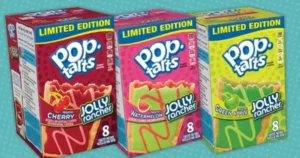Is Twizzlers Halal? refers to the inquiry about the permissibility of consuming Twizzlers, a popular licorice candy, according to Islamic dietary laws. Halal, in Islam, denotes what is lawful or permissible. This question is significant for Muslims who adhere to halal dietary guidelines, as it determines whether they can enjoy Twizzlers without compromising their religious principles.
Ever wondered if you can enjoy a pack of Twizzlers Halal without breaking your dietary code? For many Muslims, navigating the candy aisle isn’t just about taste; it’s about faith. The question Is Twizzlers Halal? delves into this delicious dilemma, blending the sweetness of candy with the seriousness of religious adherence. It’s a confectionery query that goes beyond flavor, touching on cultural practices and beliefs.
This curiosity about Twizzlers’ halal status not only highlights the complexities of modern food production but also mirrors the broader challenges faced by those adhering to religious dietary laws in a diverse world.
Introduction to Twizzlers and Halal Certification
Twizzlers, a popular licorice candy, have been a favorite in many households for years. Their unique taste and texture make them a distinct snack choice. for those following a Halal diet, the question of whether are permissible is crucial. Halal certification ensures that products adhere to Islamic dietary laws, which involve specific guidelines on ingredients and processing methods. Understanding the compatibility of Twizzlers with these standards is essential for Muslim consumers.
The concept of Halal, meaning permissible in Arabic, encompasses more than just the absence of pork or alcohol in food. It also includes the way ingredients are sourced and processed. For a product like to be Halal, it must meet these criteria throughout its production. This raises important questions about the ingredients used in and how they are processed.
Ingredients of Twizzlers: A Closer Look
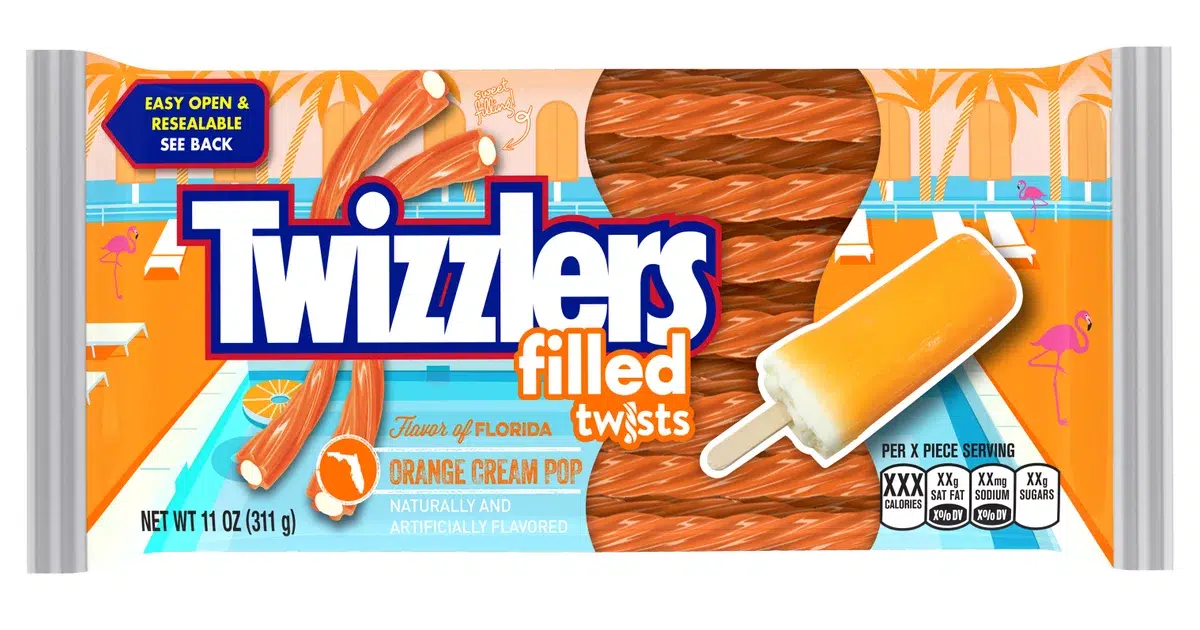
Twizzlers’ ingredients include corn syrup, wheat flour, sugar, cornstarch, and less than 2% of palm oil, salt, artificial flavor, glycerin, citric acid, potassium sorbate, artificial color, and soy lecithin. While most of these ingredients seem straightforward, the concern for Halal consumers lies in the artificial flavors and colors, as their sources can be animal or synthetic.
Artificial flavors and colors can be derived from various sources, some of which may not be Halal. For instance, certain red dyes are made from insects, while glycerin can be sourced from animal fats. The lack of clarity about the origins of these components makes it difficult to ascertain Twizzlers’ Halal status based solely on ingredient lists. Thus, further investigation into their sources is necessary.
Halal Certification Process for Food Products
The Halal certification process is thorough and involves several steps. It starts with an application by the manufacturer, followed by an ingredient review. Inspectors examine each ingredient’s source and how it’s processed. This is crucial for products like where certain ingredients could be of concern.
| Step in Certification Process | Relevance to Twizzlers |
| Application Submission | Manufacturer’s initiative to obtain certification |
| Ingredient Review | Assessment of all components in Twizzlers |
| Production Process Examination | Ensuring compliance in manufacturing |
| Certification Issuance | Official Halal status granted if compliant |
Following the ingredient review, the manufacturing process is evaluated to ensure it complies with Halal standards. If all criteria are met, the certification body issues a Halal certificate. This process assures consumers of the product’s compliance with Islamic dietary laws.
Comparing Twizzlers Ingredients with Halal Standards
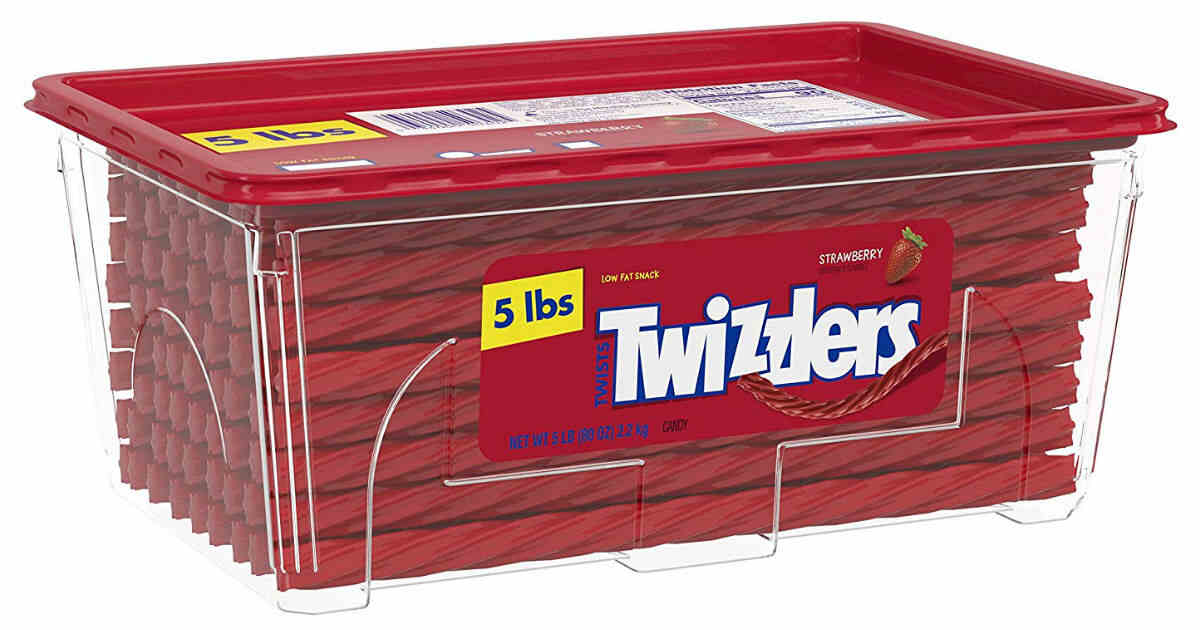
To determine if Twizzlers are Halal, we must compare their ingredients with Halal standards. Key concerns are artificial flavors and colors, which might be derived from non-Halal sources. For instance, gelatin, often used in confectionery, is a critical ingredient that can make a product non-Halal if derived from forbidden animals.
Glycerin and certain dyes present in Twizzlers are also potential areas of concern. While glycerin can be plant-based, it’s often derived from animal fats, which might not be Halal. Similarly, some artificial colors are sourced from insects or other non-Halal substances. The lack of specific information about these ingredients’ sources in makes it challenging to confirm their Halal status without official certification. Additionally, individuals may wonder, Oyster Sauce Is Halal? when considering the various ingredients and their origins in processed foods.
Twizzlers Varieties and Their Halal Status
Twizzlers come in various flavors and types, such as strawberry, cherry, and chocolate. Each variety has its unique ingredients, which might affect its Halal status. For instance, the chocolate flavor might contain derivatives of animal origin, which requires scrutiny under Halal standards.
The strawberry and cherry flavors, popular among consumers, also have different compositions. The artificial flavors and colors used in these varieties need to be examined for their sources. Without Halal certification, it’s challenging for consumers to determine if these flavors adhere to Halal dietary laws.
Consumer Concerns: Gelatin and Artificial Flavors in Twizzlers
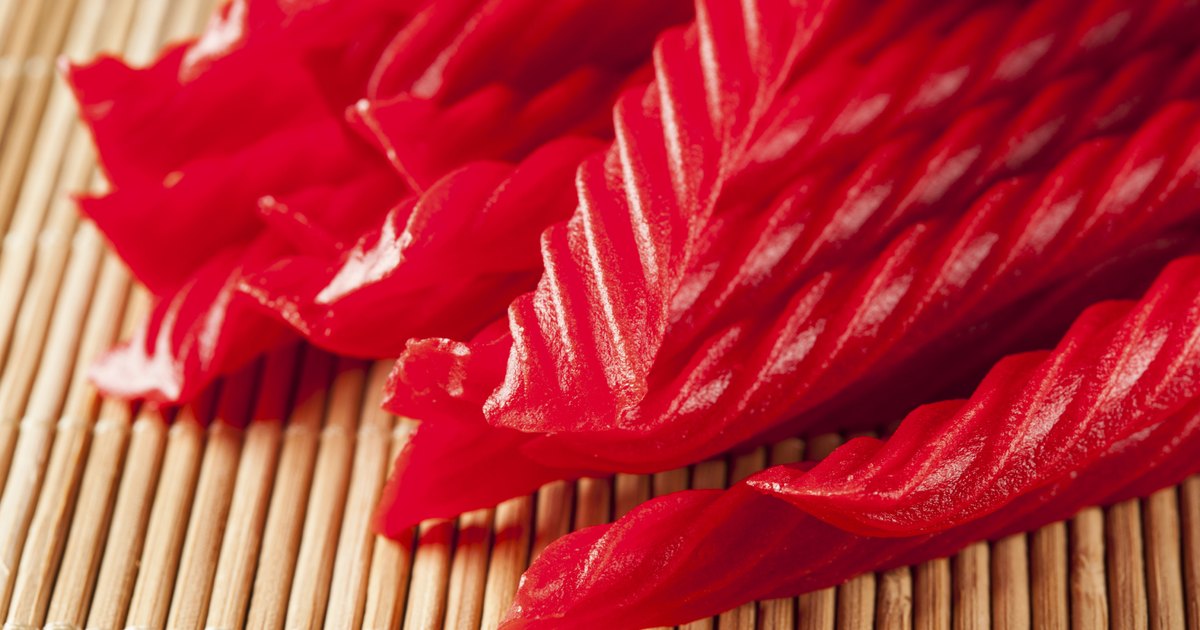
Consumers often express concerns about the presence of gelatin and artificial flavors in Twizzlers. Gelatin, commonly used in gummy candies, is a red flag for Halal-conscious consumers, as it’s frequently derived from pork. However, Twizzlers do not list gelatin as an ingredient, which is a positive sign.
Artificial flavors, another concern, are tricky because they can be derived from a variety of sources. Some of these might not be Halal-compliant. Without transparency from the manufacturer or a Halal certification, it’s difficult for consumers to determine the permissibility of these flavors in a Halal diet.
Certification Bodies and Twizzlers: Who Certifies?
There are several Halal certification bodies globally, each with its standards and processes. For a product like Twizzlers to be certified, it must undergo an assessment by one of these bodies. The manufacturer needs to initiate this process, showing a commitment to serving Halal-conscious consumers.
The certifying body evaluates the ingredients, sourcing, and manufacturing processes. In the case of Twizzlers, if they are to be certified, the manufacturer would need to provide detailed information about all aspects of production. This transparency is crucial for obtaining Halal certification.
Global Perspectives on Halal Candy: Where Does Twizzlers Stand
In the global market, the demand for Halal-certified products is growing, including in the candy sector. Twizzlers, being a widely recognized brand, are subject to scrutiny by consumers who adhere to Halal dietary guidelines. The brand’s position in the global Halal market depends significantly on its ability to meet these standards.
In countries with significant Muslim populations, the absence of Halal certification on popular products like Twizzlers can impact consumer choices. Manufacturers who cater to these needs often find a favorable market response, highlighting the importance of Halal certification in global business strategies.
Alternatives to Twizzlers: Halal Candy Options
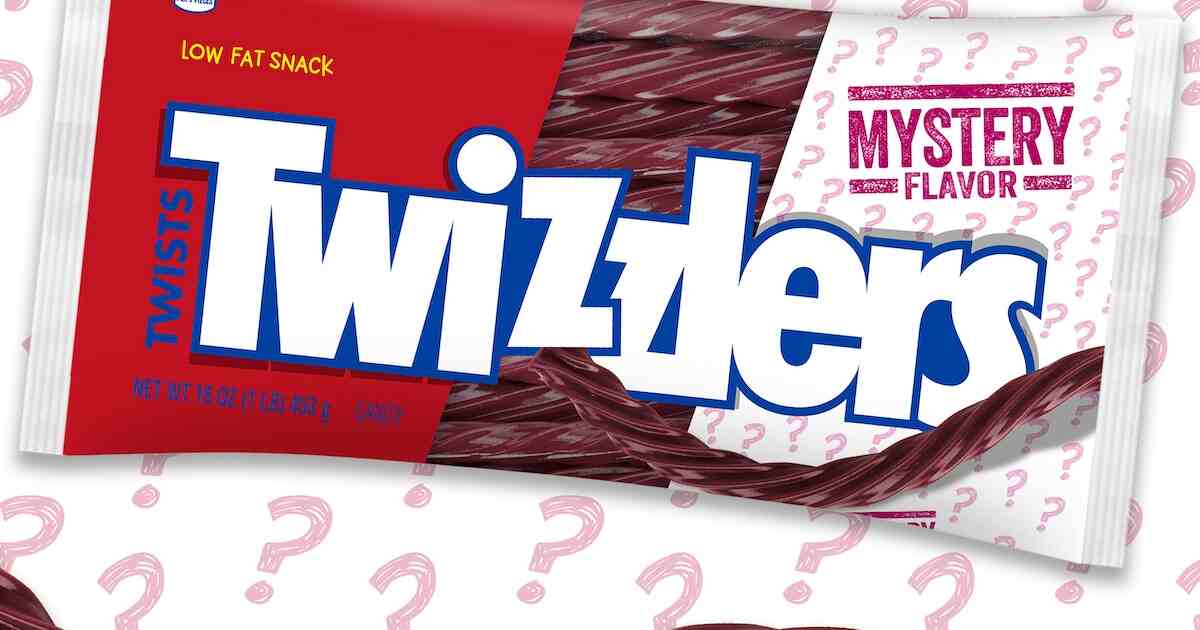
For those seeking Halal alternatives to Twizzlers, there are several options available. Many companies now produce Halal-certified candies, using ingredients that comply with Islamic dietary laws. These products are often clearly labeled, making it easier for consumers to make informed choices.
These alternatives include a variety of flavors and types, from gummy candies power to licorice similar to Twizzlers. They provide a satisfying option for those adhering to a Halal diet, ensuring that they can enjoy sweets without compromising their dietary beliefs. The availability of these alternatives has grown, reflecting the increasing demand for Halal-compliant products.
FAQ’s
What is the Halal status of Twizzlers?
- Twizzlers do not contain any non-halal ingredients such as pork or alcohol and are considered halal-friendly by many Muslims.
Do Twizzlers have a Halal certification?
- Twizzlers do not have an official Halal certification from an Islamic authority, but their ingredients meet the criteria for many Muslims.
Are Twizzlers suitable for a Halal diet?
- While Twizzlers don’t have a specific Halal certification, their ingredients are generally acceptable for those following a Halal diet due to the absence of haram components.
Conclusion
Getermining whether Twizzlers are Halal involves considering their ingredients and the standards of Halal consumption. While Twizzlers don’t possess an official Halal certification from an Islamic authority, they generally align with Halal dietary guidelines. These licorice candies primarily consist of ingredients like sugar, corn syrup, and wheat flour, devoid of explicitly haram substances such as alcohol or pork-derived gelatin.
For many Muslims, the absence of explicitly non-halal components in Twizzlers makes them permissible to consume. However, it’s essential to note that individual interpretations of what constitutes Halal may vary. Some Muslims may prefer products with explicit Halal certification to ensure compliance with their beliefs and practices. Therefore, while Twizzlers might be considered acceptable by many due to their ingredient list, individuals adhering strictly to certified Halal products might opt for candies that bear official Halal certification to align more closely with their religious dietary requirements.
